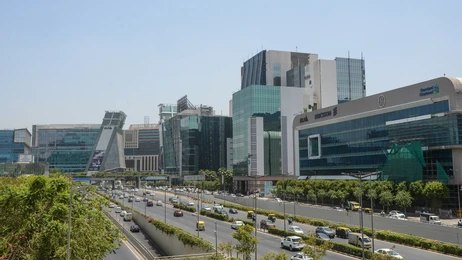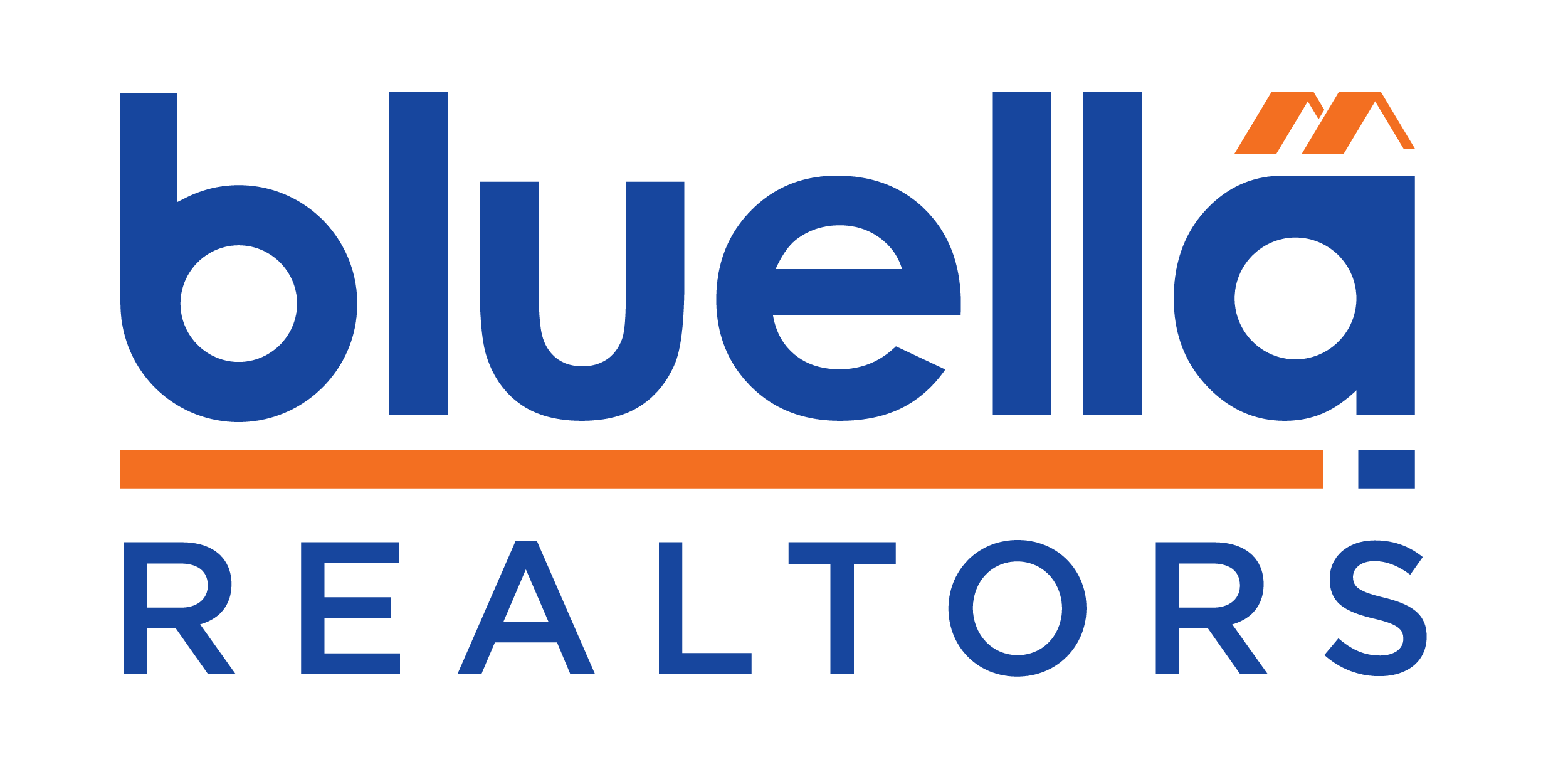- Why Leasehold and Freehold Matters
- Leasehold: Your Rights, Duties, and Renewal Options
- Freehold: Full Ownership and Long-term Flexibility
- Transferability and Inheritance
- Financial Considerations: The True Cost Of Ownership
- Mortgage and Financing: Banks’ Perspectives on Leasehold vs. Freehold
- Appreciation Potential: Which Type Of Ownership Grows Your Wealth Faster?
- Regulatory Framework: The Legal Backbone of Property Ownership
In India’s evolving real estate market, knowing about the leasehold and freehold properties is a start to making smart investments. These two kinds of property ownership differ considerably, affecting various factors from initial expenses to future expectations. Yet, even with their significance, the details of leasehold and freehold ownership are often ignored. With this article, you’ll get a better understanding of which ownership type aligns best with your investment goals and future dreams.
- Why Leasehold and Freehold Matters
- Leasehold: Your Rights, Duties, and Renewal Options
- Freehold: Full Ownership and Long-term Flexibility
- Transferability and Inheritance
- Financial Considerations: The True Cost Of Ownership
- Mortgage and Financing: Banks’ Perspectives on Leasehold vs. Freehold
- Appreciation Potential: Which Type Of Ownership Grows Your Wealth Faster?
- Regulatory Framework: The Legal Backbone of Property Ownership
Why Leasehold and Freehold Matters
There may be instances where you find the perfect apartment, only to later discover that the ownership type could create complications, everything from resale value to inheritance issues. Leasehold and freehold ownership come with their own unique rights and responsibilities, and picking the right one can be the difference between a fruitful investment and a financial headache.
Leasehold: Your Rights, Duties, and Renewal Options
With leasehold ownership, you get the right to live in a property for a set period, usually between 30 to 99 years, without owning the land itself. In India, leasehold apartments are typically owned by government entities or other authorities that lease the land to private individuals or developers. The lease term is fixed, and when it finishes, the property technically goes back to the landowner unless a renewal is granted.
Typical Lease Durations and Renewal Practices
Most leasehold apartments in India have leases that last about 99 years, although shorter leases of 30 or 60 years can be found in some areas. As the lease approaches its end, you can usually renew it, but that often involves negotiations, paperwork, and extra fees. These costs can sometimes add up, creating an unexpected financial burden that investors need to keep in mind.
One thing that is understated is that leasehold property owners may encounter limits on changes they can make. For example, certain renovations or structural modifications might need the landowner’s go-ahead. This can be a constraint, especially if you’re looking to boost the property’s value through improvements. Those who hold leases need to remember the ground rent, which is a yearly charge owed to the property owner that may increase as time goes by, possibly affecting the investment’s returns.
Freehold: Full Ownership and Long-term Flexibility
When it comes to freehold ownership, it means that the buyer gets to own both the structure and the land it’s built on, which is quite different from leasehold. This ownership type gives the investor full rights to the property without any restrictions on tenure or the need to pay ground rent. Essentially, when you buy freehold apartments, you own them outright, which provides the owner with greater flexibility and control over their investment.
For those investing, freehold properties are usually preferred because they offer both stability and flexibility. Owning a freehold property means you have the freedom to modify, renovate, or sell without having to seek extra permissions from someone else. This level of unrestricted control not only makes freehold properties more appealing in the market but also enhances their resale value, making them a smart choice for investors who are looking at long-term gains and growth.
Why Freehold Is Often Preferred
One of the key benefits of freehold properties is that they tend to be easier to sell and finance. Banks and other lenders generally look at freehold properties more positively when handing out mortgages since they come with fewer risks and complications compared to leasehold ones. This can lead to smoother access to loans, better interest rates, and possibly higher resale prices. Plus, freehold properties are easier to pass down to heirs, which gives investors peace of mind when thinking about legacy planning.
Moreover, in India, freehold properties usually appreciate in value at a quicker and more predictable rate than leasehold ones. With no worry about renewing a lease or covering renewal costs, owners of freehold apartments can concentrate on boosting their property’s value without the added financial stress. That said, it’s important to remember that freehold properties might have higher upfront costs than leasehold options, especially in sought-after urban areas.
Transferability and Inheritance

A key difference between leasehold and freehold properties is how straightforward it is to transfer or pass them down. Freehold properties are generally easier to sell or hand over to heirs since there’s no outside party involved in ownership. For instance, if you own a freehold warehouse that you rent out, you can transfer it with ease, without having to deal with issues like expiring leases or renewal fees.
On the other hand, leasehold properties have some complications. Transferring ownership might need the landowner’s approval, and the whole process can get slowed down with extra fees. Even worse, if the lease is nearly up, the property value can face a massive drop, making it less appealing to potential buyers or renters. For businesses looking at office space for lease or industrial warehouses for rent, this limitation can be a significant deterrent.
Financial Considerations: The True Cost Of Ownership
1. Cost Structure and Price Differences
Freehold properties usually come with a higher initial price, reflecting their long-term advantages. Conversely, leasehold properties are often lower at first, which might attract investors who prefer lower initial costs. For example, getting a commercial building for rent on a leasehold basis might be less expensive upfront than buying it outright as a freehold. However, those initial savings can be deceptive.
2. Hidden Costs in Leasehold Properties
Leasehold ownership carries ongoing costs like ground rent and maintenance fees, which can increase over time. These expenses are often ignored during the buying process but can have a big impact on profitability in the long run. Investors should also factor in the potential costs of renewing the lease, which can be high and sometimes unpredictable. If you’re renting out a commercial property for lease, these hidden costs could really cut into your rental profits.
Mortgage and Financing: Banks’ Perspectives on Leasehold vs. Freehold

One important yet often overlooked aspect of property ownership is how banks view leasehold and freehold properties when it comes to lending.
1. Freehold Properties
A Banker’s Favorite Lenders typically prefer freehold properties because they come with fewer risks. The complete ownership of both the land and the property offers better collateral, making banks more inclined to provide loans with better interest rates. For investors looking to finance the purchase of private office space for rent or commercial property for rent, freehold ownership generally makes the process easier and often at lower expenses.
2. Leasehold Properties: A Tougher Sell
Banks see leasehold properties as riskier investments, especially if the lease term is short. Loans for leasehold properties might have higher interest rates or shorter repayment periods, making them less appealing to investors. Additionally, banks are less likely to finance properties that have leases approaching expiration, which could restrict your chances of securing funding for a promising deal, like warehouse space for rent or expanding into the industrial warehouse for rent market.
Appreciation Potential: Which Type Of Ownership Grows Your Wealth Faster?
Freehold properties are typically linked with stability and reliable appreciation. Since you own the property as well as the land, the value is connected to both elements. Over time, freehold apartments in urban settings have demonstrated consistent growth in capital value, fueled by the increasing desire for independent ownership and reduced legal hassles.

Take major cities like Mumbai or Bengaluru, as an example. In these places, freehold properties usually appreciate more quickly because they’re viewed as premium investments. Buyers appreciate the freedom of ownership that lets them sell, lease, or alter their property whenever they choose. Plus, freehold properties are regarded as a solid long-term protection against inflation, appealing to both investors and end-users.
Lease properties, in contrast, generally experience a slower appreciation rate. This mainly happens because the ownership is restricted to a specified duration, and as the lease period gets shorter, the property’s value often decreases. For investors looking at a commercial building for rent, this might translate to quicker returns in the short term but lower value over time unless the lease is renewed or switched to freehold.
Nevertheless, leasehold properties in certain high-demand spots—like those near IT hubs or industrial areas can still appreciate competitive rates if the lease term is long (like 99 years) and the location provides unique advantages. For instance, a well-placed private office space for rent in a booming business district could fetch a premium even though it’s leasehold.
- Factors Influencing Market Demand: Metro vs. Non-Metro Areas
In metro areas, where space is limited, freehold properties are in high demand. Buyers and tenants lean towards the flexibility that comes with freehold ownership, enabling them to customize or repurpose their property. Whether it’s a commercial property for rent or a residential apartment, freehold properties often take the lead in markets like Delhi, Mumbai, or Chennai.
On the other hand, leasehold properties do find their niche in metro areas for specific needs, like office space for lease or industrial warehouse for rent. Businesses looking for budget-friendly options tend to favor leasehold arrangements, particularly when the location offers convenient access to clients or transport links.
In tier-2 or 3 towns, the trends can change. Leasehold properties might attract more interest because they come with lower entry costs. In these places, buyers often prioritize affordability over long-term appreciation. Freehold properties, while pricier, appeal to those who see real estate as a legacy investment and are prepared to invest for future benefits.
Regulatory Framework: The Legal Backbone of Property Ownership

In India, property laws come from a mix of state-specific rules and national policies, each having its unique characteristics and challenges. Local development authorities, municipalities, or sometimes the central government usually oversee lease properties. In cities such as Delhi, a lot of properties are operated on a leasehold system as the land is controlled by governmental institutions like the Delhi Development Authority (DDA).
1. Why Leasehold in Some Regions?
Some areas require leasehold ownership for strategic or administrative purposes. For instance:
- Urban planning: Leasehold properties help government entities maintain control over land usage and ensure zoning regulations are followed.
- Affordability: Leasing land instead of outright selling it makes it more accessible to a wider range of people, particularly in high-demand urban settings.
- Development oversight: Authorities can enforce building codes and stop unauthorized construction on leasehold land.
On the flip side, freehold properties tend to be more prevalent in smaller towns and private developments, where land ownership is clear-cut and there’s minimal government involvement.
2. Converting Leasehold to Freehold: Unlocking Ownership
Transforming a leasehold property into a freehold is often seen as the ultimate goal for property investors. It gives full ownership and boosts market value. However, while it can be beneficial, the journey can be daunting.
Step-by-Step Guide to Conversion
- Check Eligibility: Not every leasehold property qualifies for conversion. Authorities usually have certain criteria, like lease duration and adherence to existing regulations.
- Application Submission: You’ll need to submit an application to the appropriate development authority (like DDA or CIDCO). This often requires documents such as the original lease agreement, property tax receipts, and proof of identity.
- Payment of Conversion Charges: Authorities charge a conversion fee, typically based on the property’s size, location, and current market value.
- Approval Process: After you submit, the application will be reviewed, which includes a site visit to verify compliance with regulations.
- Issuance of Freehold Title: Once everything is approved and all fees are paid, the authority provides a freehold title deed, which transfers full ownership to you.
3. Hidden Costs and Challenges
Even though the process seems simple, there are often unexpected fees and procedural hurdles that can make things tricky. For example:
- Ground rent dues: Any unpaid dues must be settled before the conversion gets the green light.
- Documentation delays: Missing or incomplete paperwork can delay the application process.
- Government inefficiencies: Long waits for inspections and approvals are common, particularly in crowded urban areas.
For investors looking to convert a commercial building for rent or warehouse space for rent, it’s crucial to plan for these extra costs and potential delays.
Finding the ideal property, whether it’s your future home or a smart business investment, can feel like trying to find your way through a confusing maze. With growing worries about authenticity, unexpected costs, and tricky legal matters, the whole process can easily become too much to handle.
Bluella Realtors is here to make your property search a breeze, supporting you at every turn. Our guidance ensures that you’ll be making only wise choices. Let us alleviate the stress and help you launch your real estate ventures with confidence.
Get in touch with Bluella Realtors today—because your journey to success begins with finding the right property and having the right support!

